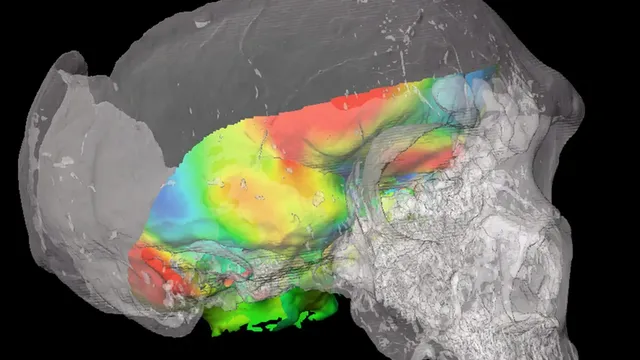Scientists have identified how aspirin can reduce the metastasis of some cancers by stimulating the immune system. Their work could lead to the targeted use of aspirin to prevent the spread of sensitive cancers, as well as the development of more effective drugs to prevent cancer metastasis.
In previous studies of people with cancer, it has been observed that those who take low doses of aspirin daily experience a reduction in the spread of certain cancers, such as breast, bowel and prostate cancer. This is important because although cancer starts in one place, 90% of cancer deaths occur when cancer spreads to other parts of the body. However, it is not known exactly how aspirin can prevent metastasis.
The study was conducted by the University of Cambridge and published in the journal Nature. In it, scientists wanted to better understand how the immune system responds to metastasis, because when individual cancer cells break off from their original tumour and spread to another part of the body, they are particularly vulnerable to immune attack. The immune system can recognize and destroy these lone cancer cells more effectively than cancer cells in larger tumors, which have often created an environment that suppresses the immune system.
Previously, researchers examined 810 genes in mice and found 15 that influence cancer metastasis. In particular, they found that mice lacking a gene that produces a protein called ARHGEF1 had fewer metastases of various primary cancers to the lungs and liver. The researchers found that ARHGEF1 suppresses a type of immune cell called a T cell that can recognize and kill metastatic cancer cells.
To develop treatments that take advantage of this discovery, the team needed to find a way for drugs to target it. Scientists tracked signals in the cell to find that ARHGEF1 is turned on when T cells are exposed to a clotting factor called thromboxane A2 (TXA2). This was an unexpected discovery for the scientists as TXA2 was already well known and linked to the action of aspirin.
Produced by platelets, TXA2 helps blood clot and prevents wounds from bleeding, but it sometimes leads to heart attacks and strokes. Aspirin reduces the production of TXA2, resulting in an anticoagulant effect that underlies its ability to prevent heart attacks and strokes.
Researchers have found that aspirin prevents the spread of cancer by reducing TXA2 and freeing T cells from suppression. They used a mouse model of melanoma to show that in mice given aspirin, the incidence of metastasis was reduced compared to control mice, and this depended on the release of T cells from suppression by TXA2.
"This was the Eureka moment when we discovered that TXA2 is the molecular signal that activates this suppressive effect on T cells. Prior to this, we were not aware of the implications of our findings for understanding the anti-metastatic activity of aspirin. This was a completely unexpected discovery that set us on a completely different research path than we had anticipated," said Dr Ji Yang, who conducted the study at the University of Cambridge.
"Aspirin or other drugs that could be targeted through this route have the potential to be cheaper than antibody-based therapies, and therefore more accessible globally," the scientist explained.
In the future, the researchers plan to help translate their work into potential clinical practice by collaborating with Professor Ruth Langley from the MRC Clinical Trials Unit at University College London, who is leading the Add-Aspirin clinical trial, to see if aspirin can stop or slow the return of early-stage cancer.
"This is an important discovery. It will allow us to interpret the results of ongoing clinical trials and understand who is most likely to benefit from aspirin after a cancer diagnosis," Langley pointed out, commenting on the study.
Langley also acknowledged that in a minority of people aspirin can cause serious side effects, including bleeding or stomach ulcers.
"That's why it's important to understand which people with cancer are likely to benefit and to always check with your doctor before taking aspirin," she pointed out. | BGNES

 Breaking news
Breaking news
 Europe
Europe
 Bulgaria
Bulgaria







